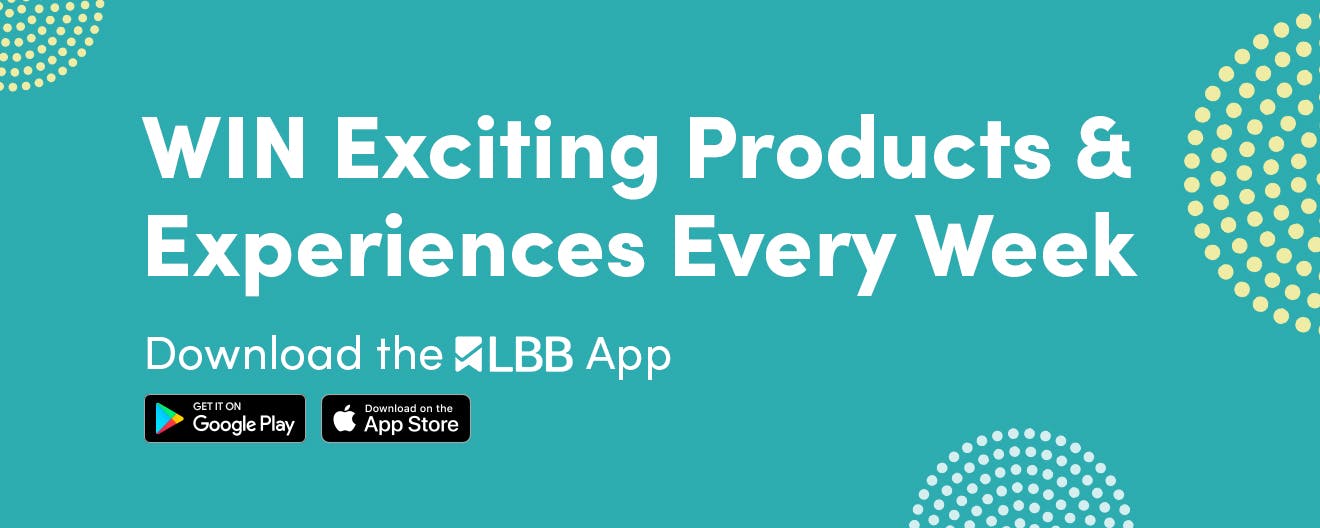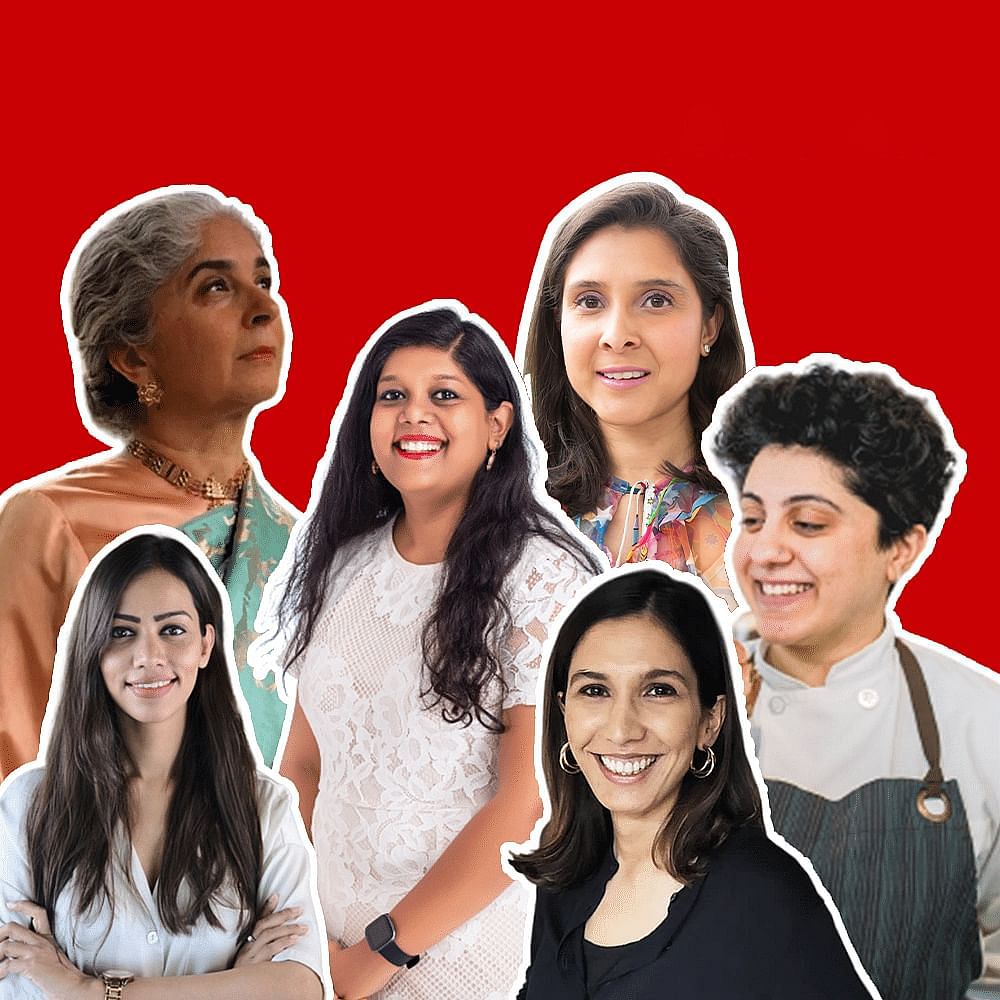I used to love bungee jumping on my visits to the mall as a child, it used to give me so many butterflies in my stomach that I used to giggle with joy—it was a good high. Now, as a woman in her mid-twenties, I find myself still searching for that high, only it looks quite different now. It’s more calculated, riskier, has greater rewards and higher stakes, and involves much more than jumping in one direction, it’s way more intoxicating too.
But this doesn’t mean I always have a clear roadmap. I have realised the hard way (like I think most of us) that being in your mid-twenties is mostly about realising how clueless you are. Living one existential crisis to another, questioning my decisions and feeling it’s too late. But more than that, it’s the fear of being limited by my knowledge, like fleas in a jar. But the good thing is, that awareness constantly keeps me hungry to broaden my horizons for success, which can mean different things to me and you, but that doesn’t mean we’re not all looking for it.
The opportunity to talk to some of the most successful people was only one of the things that made me want to write about this but the other, more compelling, reason is that I’m looking for unpretentious advice as much as you are. What is the secret sauce to success? Or is there none? It’s a simple yes or no question.


